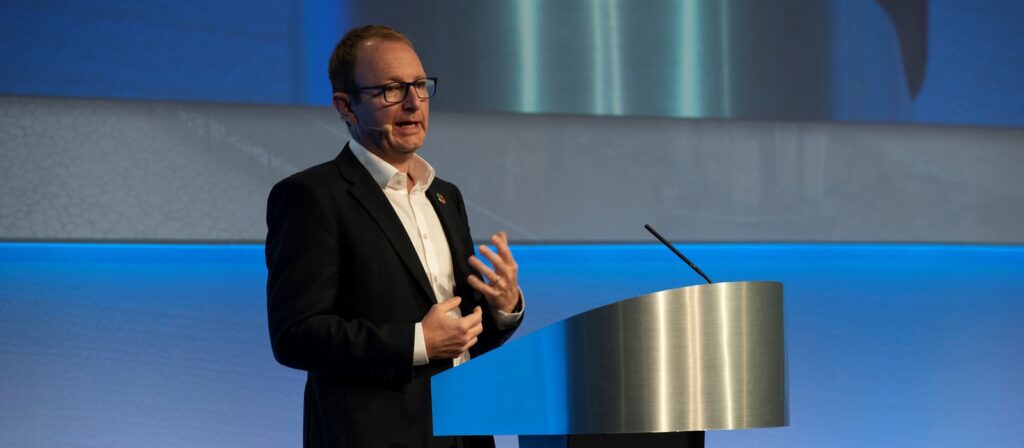The quest for environmental sustainability is reshaping how organisations operate. Aviva Investors’ recent overhaul of its climate strategy, spanning over two and a half years, offers a rich case study for any business aiming to develop an effective net-zero strategy.
A foundational step in developing a net-zero strategy is establishing clear objectives. Why is an organisation embarking on this path? The motivations could range from contributing to global sustainability, minimising direct climate impact, to addressing climate-related business risks. Each of these drivers necessitates a distinct approach and specific success metrics. Aviva Investors’ experience underscores the importance of this clarity, as it shapes the entire trajectory of the net-zero strategy.
Net-zero is not a short-term goal; it’s a commitment extending over decades that requires patience and a willingness to make decisions with long-term implications. Aviva Investors’ strategy highlights the importance of viewing net-zero as a journey rather than a destination. This long-term perspective ensures that strategies are robust and sustainable.
The path to net-zero is fraught with uncertainties. Organisations must remain agile, adapting their strategies in response to new information and changing external conditions. Aviva Investors’ approach shows how agility is not just about making adjustments but embedding flexibility into the organisation’s culture.
Achieving net-zero requires a culture of humility and openness to learning. It’s about recognising what is unknown and embracing the process of discovery. Moreover, collaboration is crucial, both internally and with external stakeholders. Collective efforts are indispensable in overcoming the complex challenges of net-zero.
Five strategic elements of net-zero implementation Aviva Investors’ have identified are:
- Leadership and governance: The role of top leadership in driving and sustaining a net-zero strategy is paramount. Aviva Investors’ experience shows that effective governance structures and continuous senior executive involvement are key to successful implementation.
- Cross-functional collaboration: The complexity of net-zero strategies requires input from various departments and expertise. Aviva Investors’ strategy benefited from this cross-functional collaboration, ensuring comprehensive planning and execution.
- Strategic asset management: Transitioning to greener assets is nuanced and strategic. It’s not just about divesting from certain assets but also about managing this transition in alignment with stakeholder expectations and regulatory frameworks.
- Proactive investment strategies: Identifying areas of influence over capital allocation is vital. Aviva Investors’ strategy focused on both discretionary and non-discretionary investments, seeking innovative ways to align them with sustainability goals.
- Extended stakeholder engagement: Stewardship in net-zero strategies extends beyond internal changes, involving broader influence on systemic environmental challenges. This includes engaging with supply chains, regulatory bodies, and industry peers.
Challenges that were noted include:
- Balancing immediate and long-term goals: One of the main challenges in net-zero strategies is balancing short-term business needs with long-term environmental commitments. Aviva Investors’ navigated this by aligning its immediate operational objectives with its broader sustainability vision.
- Managing diverse stakeholder expectations: Different stakeholders have varied expectations from a net-zero strategy. Transparent communication and inclusive decision-making are critical, as demonstrated by Aviva Investors.
- Regulatory compliance and market dynamics: Adapting to changing regulations and market conditions is another challenge. Aviva Investors’ strategy was marked by its ability to stay aligned with evolving environmental standards and market expectations.
Aviva Investors’ journey in developing and implementing a net-zero strategy offers invaluable lessons for organisations embarking on a similar path. The key lies in clarity of objectives, long-term commitment, organisational agility, and a culture of humility and collaboration. As the landscape of environmental sustainability evolves, these principles provide a solid foundation for any organisation committed to achieving net zero emissions and contributing to global sustainability efforts.





